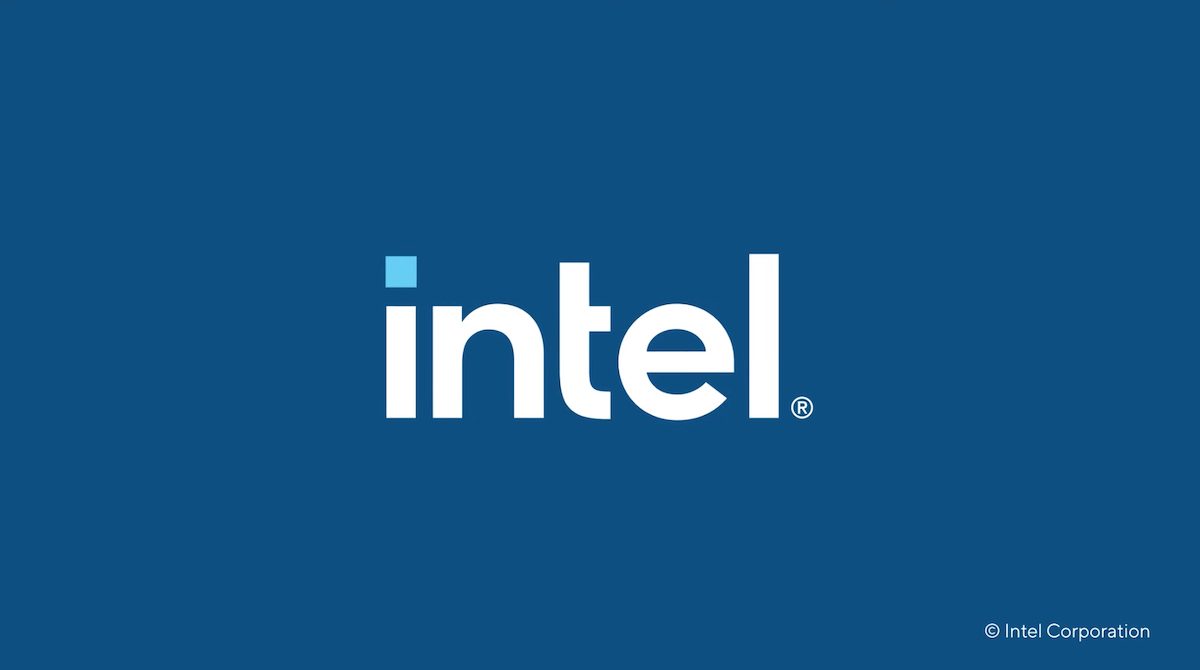During the virtual Consumer Electronics Show, Intel has shared new information regarding its upcoming 12th-generation Alder Lake CPUs, which seem to go head-to-head against Apple Silicon M1 chips. These new x86 CPUs will feature a hybrid architecture similar to the M1 chip, combining high-performance and high-efficiency cores to provide improved performance per watt.
Intel and AMD’s x86 chips do not usually rely on such an approach of mixing high-performance and high-efficiency cores, with all of them being high-performance, and even clocking faster to provide ‘boosted’ performance. On the other hand, Apple’s M1 chips do not require any boost performance and allocate tasks based on requirements to the right cores.

Will Intel’s upcoming x86 hybrid Alder Lake chip compete against Apple Silcion M1 chip?
It is no hidden secret that Intel has been struggling with performance recently and is behind the industry when it comes to manufacturing process. It is even starting to outsource manufacturing to TSMC, to take advantage of its advanced node. Alder Lake will be developed using the 10nm manufacturing process.
With Alder Lake, Intel will be using its Golden Cove high performance and Gracemont high efficiency cores, which will combine to provide a performance hybrid that could be best suited for mobility. This is not Intel’s first hybrid x86 chip, as Lakefield was released last year with a similar hybrid combination of cores, primarily focused on longer battery life. Intel’s 10nm Alder Lake is focused on performance, however, it will be interesting to see what battery benefits it provides. Apple’s M1 chip provides the best of all worlds with amazing performance and outstanding battery life, without sacrificing one for the other.
Intel has also not specified what would be the number of cores in the new Alder Lake chips. However, the company has announced that it is adding to the instruction set for Alder Lake, which it often does with its new processors.
Intel also announced its 11th generation Tiger Lake chips for desktops during Consumer Electronics Show.
Expect Alder Lake to land sometime this year for laptops and desktops, but not for Macs. By the time it is available, Apple would have released its second-generation or higher performance M1 chip successor for its higher-end Macs. Whether Intel will be able to compete with AMD, let alone Apple, in terms of performance per watt, is yet to be seen.
For now, Apple’s M1 chip easily beats Intel’s 11th generation Tiger Lake chips.
Read more:
- Here is how M1 chip Macs perform when it comes to development
- Windows in Parallels on M1 Mac runs faster than it does on Surface Pro X
- Here is how games perform in Windows 10 on Arm using Parallels on M1 Macs
- How hot can the fanless M1 MacBook Air get? Thermal testing with gaming, 4K monitors, and rendering
- M1 MacBook Pro is 3.6x faster than Intel MacBook Pro at machine learning
- M1 MacBook Air can render 8K footage without slowing down from heat under the Australian sun
- 16-inch MacBook Pro vs M1 13-inch MacBook Pro; should you upgrade?


2 comments